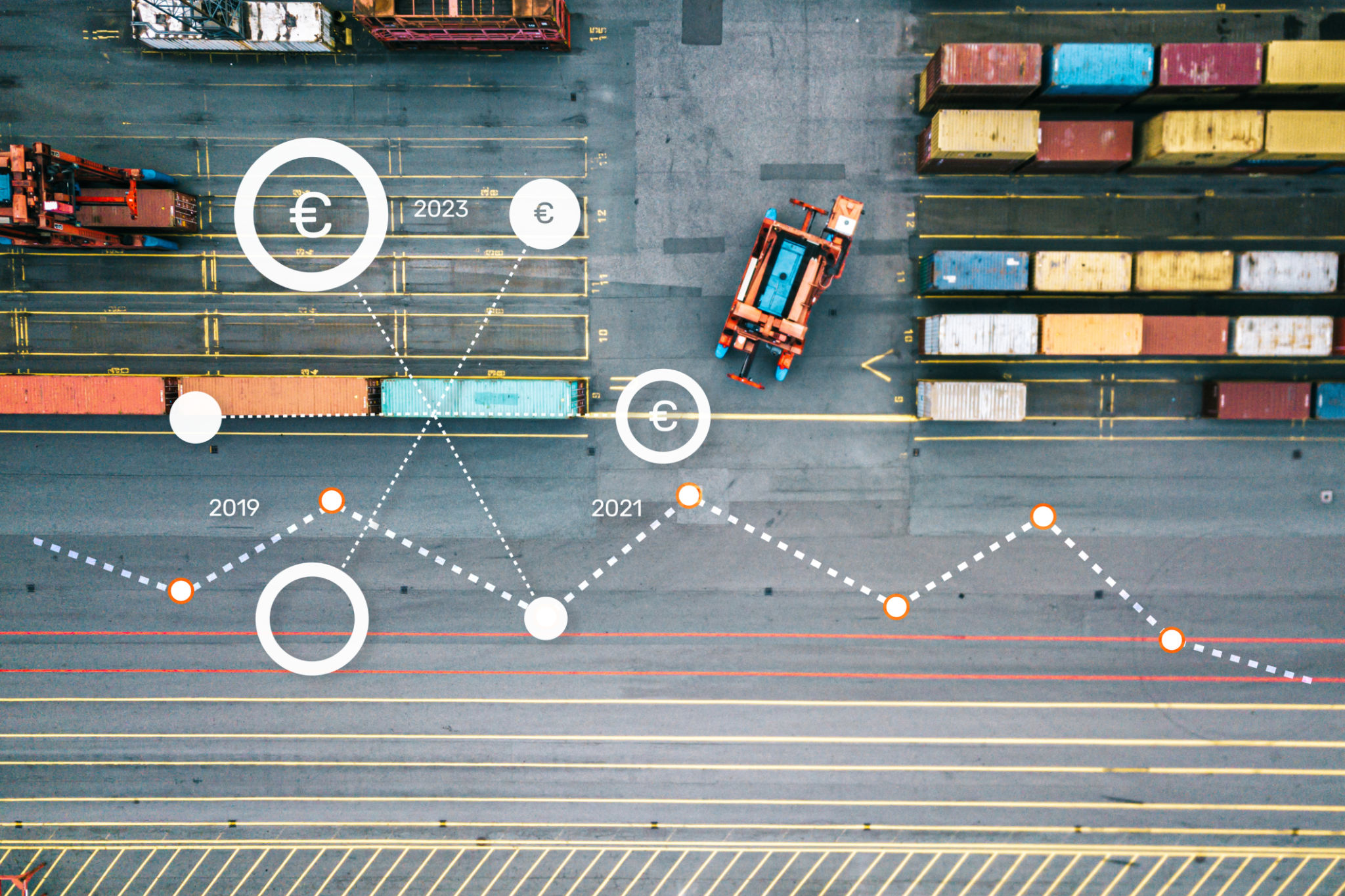The Latest Trends in Logistics and Freight Brokerage
T4
Introduction to the Evolving Logistics Landscape
The logistics and freight brokerage industry is undergoing significant transformation. With the rapid advancement of technology and changing consumer expectations, businesses are being compelled to adapt swiftly. Understanding these trends is crucial for staying competitive and meeting the demands of a global market.
In this blog post, we'll explore the latest trends shaping the logistics and freight brokerage sector, providing insights into how companies can leverage these innovations to enhance their operations and customer satisfaction.

Technology-Driven Innovations
Automation and Robotics
Automation in warehouses and distribution centers is becoming increasingly prevalent. The use of robotics for sorting and packaging helps reduce errors and speeds up the delivery process. This trend not only enhances efficiency but also minimizes labor costs, allowing companies to invest in other areas of their operations.
Artificial Intelligence and Machine Learning
AI and machine learning are revolutionizing logistics by optimizing routing, predicting demand, and improving inventory management. These technologies enable freight brokers to make data-driven decisions, ensuring timely deliveries and reducing fuel consumption.

Sustainability and Green Logistics
As environmental concerns rise, sustainability in logistics has become a priority. Companies are seeking eco-friendly solutions such as electric vehicles, energy-efficient warehouses, and sustainable packaging materials. These initiatives not only reduce carbon footprints but also appeal to environmentally conscious consumers.
Implementing green logistics strategies can lead to significant cost savings and enhance brand reputation, making it a win-win for businesses and the planet.

Real-Time Tracking and Visibility
Today's consumers demand real-time tracking of their shipments. Advanced tracking systems provide customers with accurate delivery estimates and updates, enhancing transparency and trust. This trend is crucial for improving customer satisfaction and loyalty.
Freight brokers are increasingly adopting GPS and IoT technologies to offer better visibility into the supply chain, allowing for proactive problem-solving and efficient management.
Rise of E-commerce and Consumer Expectations
The explosion of e-commerce has led to a surge in demand for logistics services. Consumers expect fast, reliable, and flexible delivery options. To meet these expectations, companies are investing in last-mile delivery solutions and expanding their network of distribution centers.
Freight brokers play a vital role in this ecosystem by providing flexible and scalable solutions to manage the increased volume and complexity of shipments.

Conclusion
The logistics and freight brokerage industry is at a pivotal point, driven by technological innovations, sustainability efforts, and evolving consumer demands. By embracing these trends, companies can enhance their operational efficiency, reduce costs, and improve customer experiences. Staying ahead in this dynamic landscape requires adaptability and a commitment to continuous improvement.
